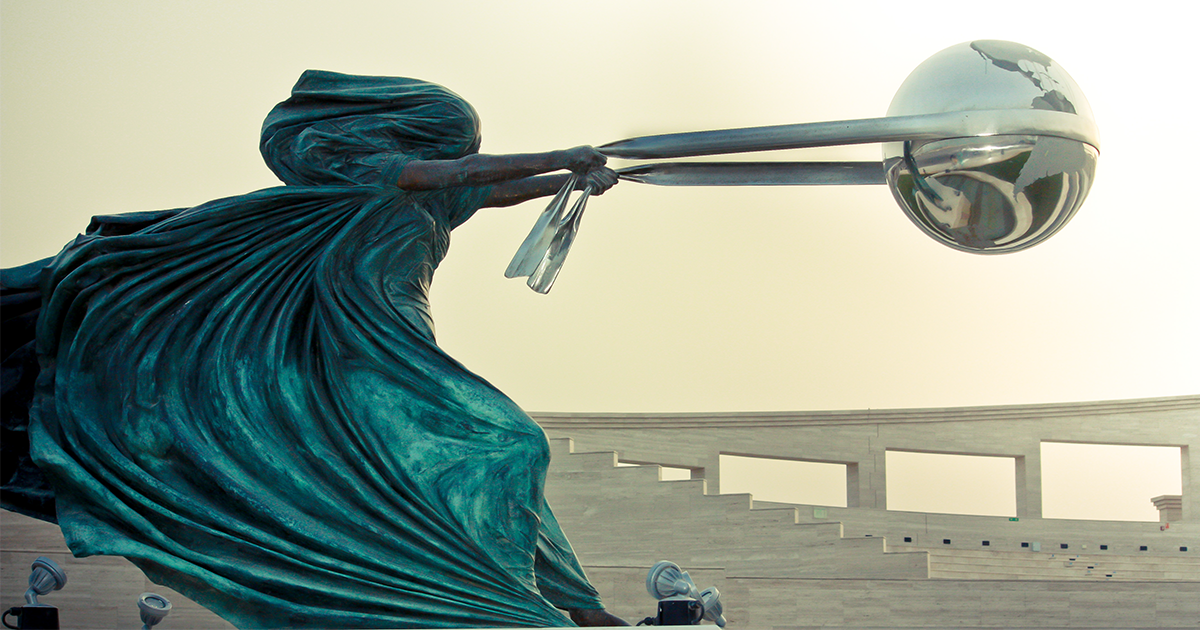Gravity is a force that pulls objects towards the Earth or any other celestial body. It is what keeps our feet firmly planted on the ground and causes objects to fall when dropped. But what happens when gravity fails?
Understanding Gravity
Gravity is the force that attracts two bodies toward each other. The more massive the objects, the stronger the gravitational force between them. According to the law of universal gravitation formulated by Sir Isaac Newton, the force of gravity is directly proportional to the product of the masses of the objects and inversely proportional to the square of the distance between their centers.
Effects Of Zero Gravity
Zero gravity occurs when there is little or no gravitational force acting on an object. This phenomenon is commonly experienced by astronauts in space. In zero gravity, objects float around rather than fall towards the ground. This can lead to disorientation and muscle atrophy due to the lack of resistance from gravity.
Experiments in Zero Gravity
Scientists conduct experiments in zero gravity to study the effects of weightlessness on various phenomena. These experiments help researchers understand how gravity influences physical processes and biological systems. From studying fluid dynamics to observing plant growth, zero gravity provides a unique environment for scientific exploration.
Challenges of Defying Gravity
While zero gravity can be a fascinating experience, it also poses challenges for human adaptation. Astronauts must undergo rigorous training to cope with the effects of weightlessness on their bodies. From learning how to navigate in a gravity-free environment to maintaining muscle mass, living in space requires careful preparation and monitoring.

Credit: www.boredpanda.com

Credit: www.sciencetimes.com
What Happens When Gravity Fails
When gravity fails, objects that would normally be held in place by this force are no longer anchored to the ground. This can lead to a range of consequences, from objects floating freely to individuals experiencing sensations of weightlessness.
Exploring Alternatives To Gravity
Scientists and researchers are constantly exploring alternatives to traditional gravity. Concepts such as artificial gravity, which simulates the effects of gravity through centrifugal force, are being considered for long-duration space missions. By creating environments that mimic Earth’s gravitational pull, astronauts can mitigate the negative effects of zero gravity on their bodies.
Implications for the Future
The study of gravity and its potential failures has far-reaching implications for space exploration, technology development, and our understanding of the universe. By delving into the science behind falling, researchers can unlock new possibilities for overcoming the challenges posed by gravity and venturing into the unknown.
Conclusion
When gravity fails, it opens up a world of possibilities for scientific discovery and exploration. By studying the effects of zero gravity and developing innovative solutions to simulate gravity, we can expand our understanding of the forces that shape our universe. Whether floating in space or defying gravity on Earth, the quest to unravel the mysteries of gravity continues to inspire curiosity and innovation.
Frequently Asked Questions Of When Gravity Fails : Defying The Laws Of Nature
What Are The Different Types Of Gravity?
Gravity can be categorized into three types: gravitational forces between objects, electromagnetic forces due to charged particles, and strong and weak nuclear forces within atoms.
How Does Gravity Affect The Human Body?
Gravity plays a crucial role in maintaining our body’s balance, muscle strength, and bone density. It also determines our weight and affects blood circulation and cardiovascular health.
Can Gravity Be Used As A Source Of Energy?
While gravity itself cannot be directly harnessed as an energy source, technologies like hydroelectric power and tidal energy utilize gravitational force to generate electricity.
How Does Gravity Affect Time?
Gravity can dilate time, causing it to pass more slowly in strong gravitational fields. This phenomena, known as time dilation, has been proven through scientific experiments and the theory of general relativity.

